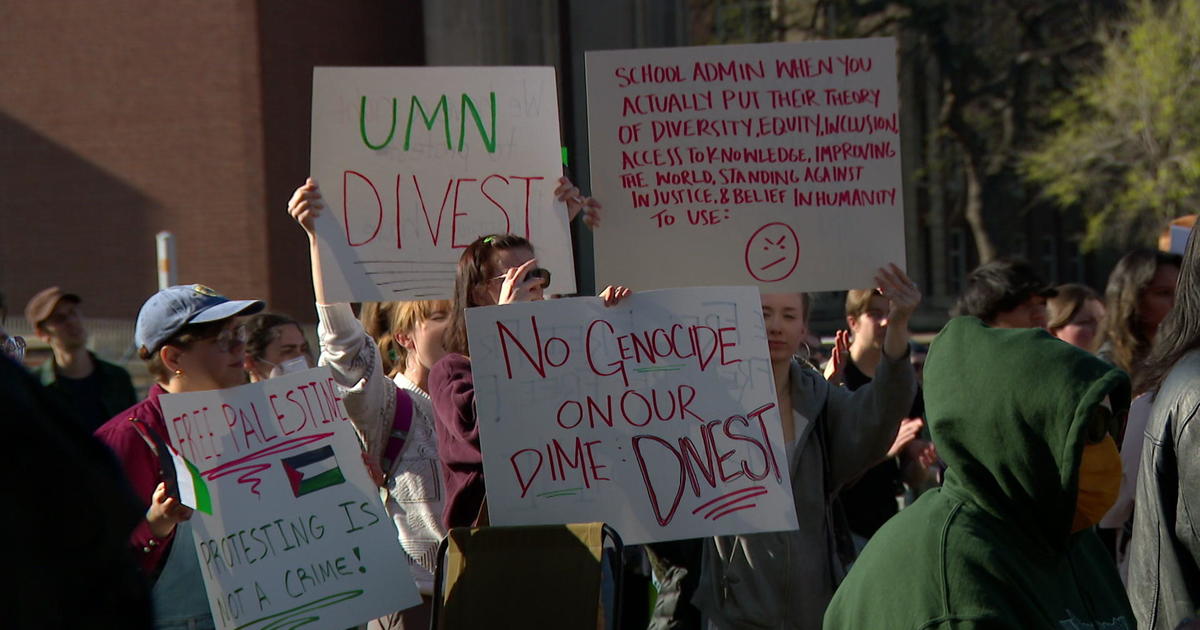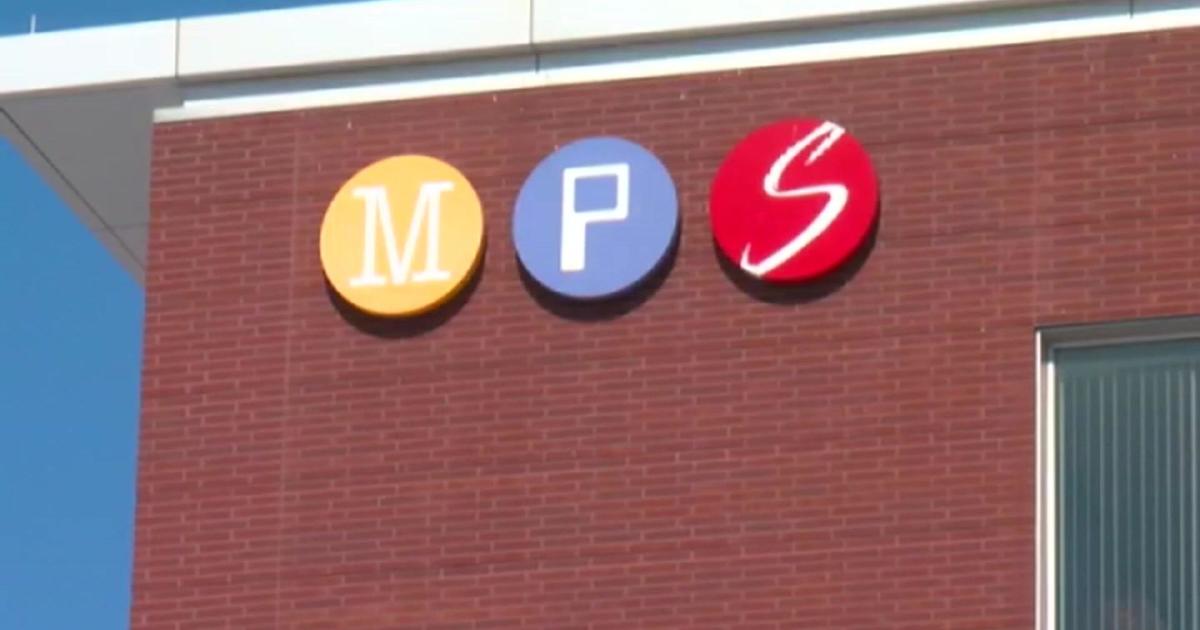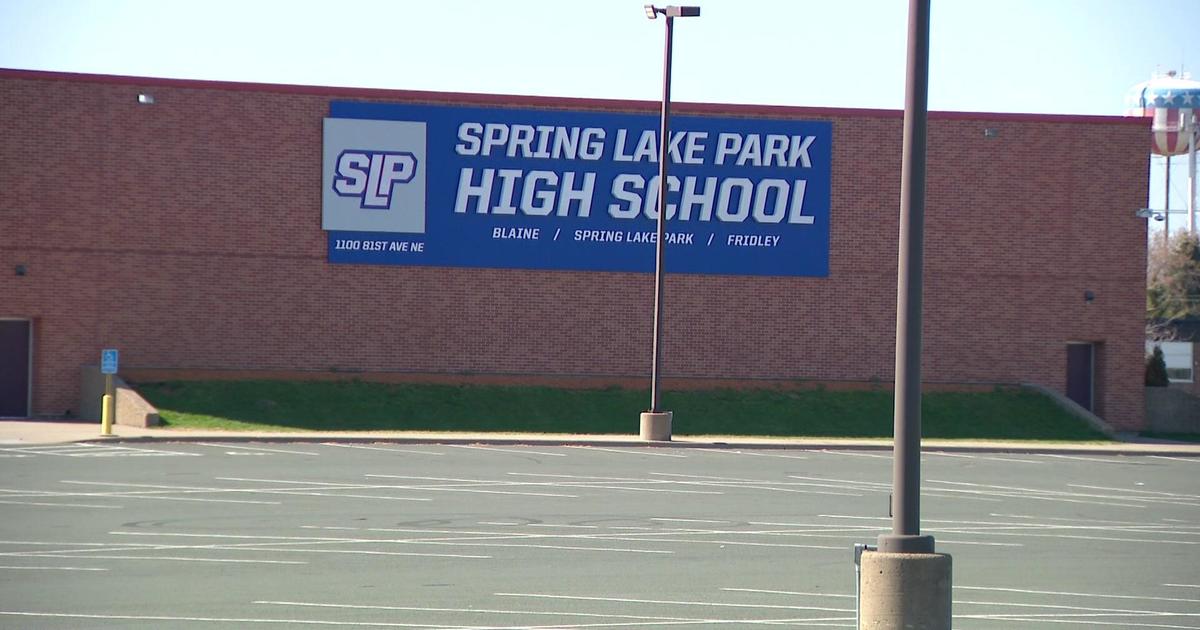Surging Stock Market Reflects 'Very Bright Outlook' For Economy, Finance Prof Says
(CBS Detroit) -- The stock market continued its rise last week. Even Wednesday, the day rioters stormed the U.S. Capitol to stop the certifying of electoral college votes confirming Joe Biden's election as President, the Dow Jones was up almost 500 points. It ended the week above 31,000 and close to its all-time high. The S&P 500 and NASDAQ also showed gains that day and for the week.
Rising stock values in the face of government turmoil doesn't make sense on its face. Investors value stability, and an angry mob interrupting the certification of a presidential election suggests the opposite. But maybe there's more to the story.
All three indices showed declines late in the day, when events at the Capitol were snowballing. But they gained ground early in the day, when the big news was still the Senate runoff elections in Georgia. Maybe this story had much more bearing on the future of the market and the economy in general.
"The going up in the morning would be consistent with the results of the Georgia Senate election, which would indicate there's more likely to be a larger stimulus bill coming soon for the economy, which the economy needs, and the stock market wants, and the vast majority of Americans want it and would benefit from it," explains David Kass, clinical professor of finance at the Robert H. Smith School of Business at the University of Maryland.
>>READ: Stimulus Check Latest: Have The Chances Of A $2,000 Payment Improved?
On Tuesday, Democrats Jon Ossoff and Raphael Warnock won seats in the Senate, altering the political landscape for at least the next two years. The upper house is now split 50-50. (Democrats actually hold 48 seats, but independents Angus King of Maine and Bernie Sanders of Vermont tend to vote with them.) Vice President-elect Kamala Harris will cast the deciding vote for all ties, once she takes office. Party-line votes on hot-button issues seem likely, given the partisanship that still exists.
With Biden's inauguration on January 20, the Democrats will control the presidency and both houses of Congress. Their simple majority in the Senate won't give them the 60 votes to overcome a filibuster without bipartisan support. And that makes broad legislation unlikely. But a simple majority does give the president-elect enough votes to hit the ground running when he enters office. Biden will be able to confirm his Cabinet nominees and pass legislation connected to budgets and spending through a legislative process known as reconciliation.
One such piece of legislation would be another stimulus package. That could include a much talked-about $2,000 stimulus check, as well as the continuation of various unemployment programs. Aid to cities and states and more money for COVID-19 testing and vaccinations would also likely be in the mix. A possible target date could be mid-March when current unemployment extensions are scheduled to run out.
So while the stock market pays attention to the news, it's reacting based on how it will be affected in the future. Another stimulus package to boost the economy would have direct implications for the stock market later this year.
"The stock market is forward-looking and always anticipates or discounts the future, looking at six, nine, 12 months into the future," says Kass. "So the stock market is not reflecting the current situation, which at the end of March was very grim, very dismal, absolutely. But it was looking ahead. What will the economy look like next March, in March of 2021?"
>>READ: Stimulus Check Update: How Much Money Will New Parents Receive?
Looking back over the 10 long months of the pandemic, the stock market's view of the future has remained consistent and consistently positive. The Dow Jones troughed below 19,000 toward the end of last March and has since found its way to near-record highs in the neighborhood of 31,000. Multiple factors have contributed to the market's rise, even in the face of high unemployment and a struggling economy.
"You have a combination of accommodative monetary policy, stimulative fiscal policy, and the vaccine," says Kass.
The initial lockdown last March essentially forced people to stay home and shut down large parts of the economy. The government then had to plug that hole. The Federal Reserve pumped trillions of dollars into the economy in an effort to keep interest rates down. Lower interest rates encourage encourage individuals and businesses to borrow, potentially increasing economic activity. The first stimulus package, the $2.2 trillion CARES Act, put money in the hands of consumers, just when the unemployment rate was spiking up close to 15 percent. And then there was the now-realized promise of a vaccine, which would allow economic activity to return to some version of normal.
Another factor also contributed to the stock market's upward trend. According to Kass, "because people were at home, they were unable to spend the money on travel, tourism, entertainment, going to concerts, etc. The money effectively went into savings. You can't spend it the way you normally would. And a lot of the savings went into investments. With interest rates being kept close to zero by the Federal Reserve, any investor trying to earn a positive rate of return, as virtually all investors will, what's your next best alternative to a bank savings account or CD or Treasury note? And, of course, the best alternative, a very readily accessible alternative, is the stock market, investing in the market."
The events of last Wednesday may have had a muting effect, but optimism for the future remains on the upswing. "It's an attack on our democracy, our form of government," as Kass describes it. "And what are the repercussions of that? That certainly would be a negative input, certainly adds an amount of risk to the current situation. But presumably, at least immediately, it doesn't appear to have an immediate impact on corporate earnings or the economy, unless something gets a lot worse and gets out of hand, which is not likely."
The upward trend in the market seems destined to continue for multiple reasons. "The Federal Reserve is promising this current benign environment," says Kass. "The best of all possible worlds almost, low interest rates. And corporate earnings will be improving as the economy opens up again after the pandemic. They'll have very positive earnings growth going forward. Technology has added a lot to the output of the economy. I think the outlook is very bright over the next two or three years, and the stock market, essentially, is reflecting it."
>>READ: 'Stimulus Checks Are The Least Important,' When Drafting Aid Package, Says Economist
President-elect Biden has signaled that another stimulus package is forthcoming, and he probably has the votes in the House and Senate to deliver. "The stock market and the economy would benefit greatly from that," says Kass. "And I think it's more likely that would occur in the near future."
The President-elect also has a plan to build a more sustainable infrastructure, putting the country "...on an irreversible path to achieve net-zero emissions, economy-wide," as his campaign put it. That would stimulate the economy and create even more jobs.
Then there are multiple vaccines that will increasingly become available. The initial distribution has been sluggish, with coordination lacking across federal, state and local governments and people wary of receiving it. But public health experts believe that vaccinations will pick up. And economists suggest that activity in the marketplace will improve as society approaches herd immunity.
"I think the outlook [for the stock market] is very positive," says Kass. "I'm very optimistic."



